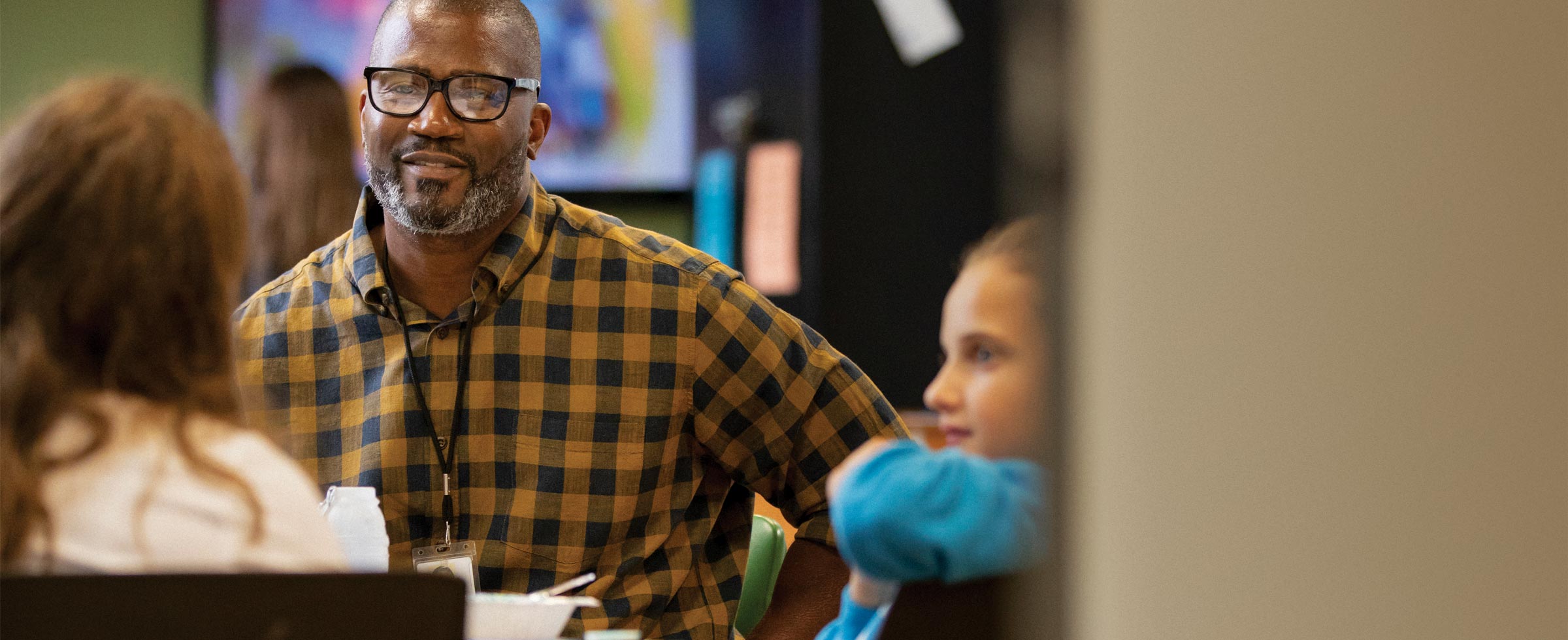Main navigation
Will Week

During Will Week, The Pittsburgh Foundation and The Community Foundation of Westmoreland County are sharing insights about why estate planning and will preparation are so important to you, your family and your assets. An effective plan can include support for nonprofits and causes you care about most, strengthening our community and creating a lasting legacy. Will Week 2026 is moving to October!Save the date for our annual event(s) that elevates the importance of planned giving to ensure the proper transfer of assets to loved ones and charitable giving destinations. We'll host two events this fall (details to follow):
|
Plotting a proper planned giving strategy

Charitable giving comes in many forms and one type – planned giving – gives special attention to what’s to come. Sometimes referred to as legacy giving, planned giving is at its core a future gift. These gifts are passed along to loved ones, organizations or communities, often through wills or trusts. Since the funds usually transfer upon the passing of an individual or couple, many people ask: When is the right time to begin strategizing? And what do I need to be aware of to get started?
A guide to planned giving: Leave behind a better future for your family and your community

An estate plan is one of the most valuable ways to protect your loved ones after your lifetime. But did you know that incorporating charitable giving into your plan could have even greater benefits for you, your beneficiaries and the community?
Demystifying Required Minimum Distributions (RMDs) from IRAs
Whether you're a charitably minded individual or a financial planner guiding your clients, understanding how to effectively and purposefully allocate Required Minimum Distributions (RMDs) is imperative to building a legacy.
Wills and trust: Relationships provide foundation for planned giving success
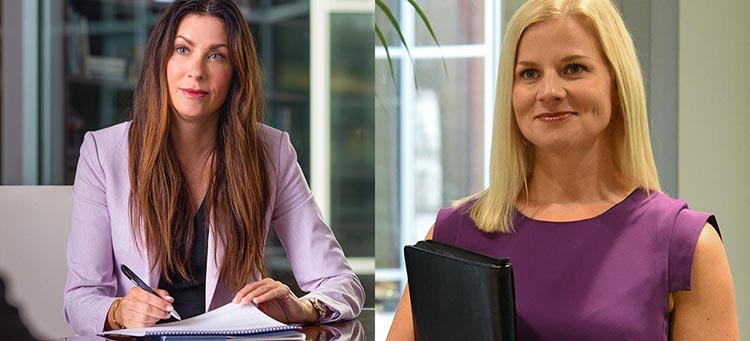
Watch a recent Pittsburgh Business Times interview with Shana Bielich (pictured on left above), vice president, financial advisor and director of wealth management at Coghill Investment Strategies and Kate McKenzie (pictured on right above), senior director of development at The Pittsburgh Foundation to learn how to make a more sustained impact than simple will and estate planning.
Watch the interview and read the story
Proposed legislation could affect planned giving strategies
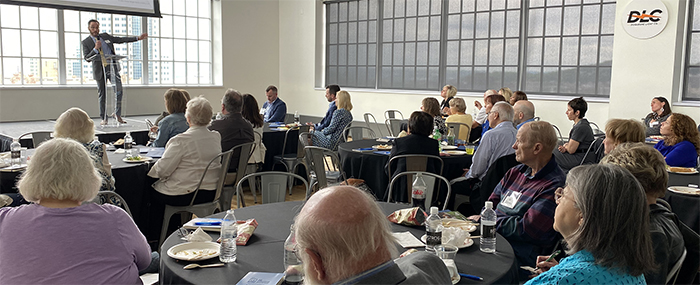
As part of Will Week 2024, our Development and Donor Services staff welcomed fund holders and advisors to a special information session with leading estate planning attorney Nic Sasso of Porter Wright. Guests learned the latest in planned-giving strategies and how they may complement their existing plans. Nic shared further insight with us.
Planned giving is booming as America enters monumental ‘generational wealth transfer’ era

Baby boomers (adults born between 1946 and 1964) are retiring at a rapid rate and are teaming with financial professionals to plan for the proper transfer of their assets to philanthropic causes and loved ones in the Generation X/Millennial/Generation Z age groups. What makes this situation a “generational wealth transfer” period? Approximately $53 trillion in assets.
Weathering the storm
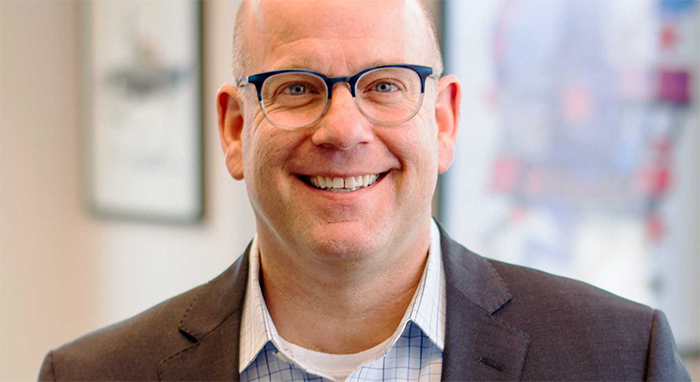
According to many wealth advisors, continuing to give is critical no matter what is going on with inflation. Learn about some simple strategies to give charitably in volatile times.
Commonly asked questions about planned giving
Do I have to use cash and name charities in my will or are there other options?
While these are options to consider, they are not the only ones. One benefit of choosing to work with the Foundation for your legacy planning is that we can accept a variety of assets, including complex securities and more. We often advise individuals to consult their financial advisor or tax professional who have a full understanding of your financial resources to best determine which assets are strategically suitable for your various goals.
And while you can name charitable beneficiaries in your will, legacy planning with the Foundation may provide you with more flexibility or security in ensuring that your charitable intentions are fulfilled over time, and it may also be more beneficial to the charity or charities that you wish to support.
Does my estate need to be large for a planned gift to make a substantial impact?
Planned giving is suitable for anyone who is charitable, but who may not have the financial means to make gifts during their lifetime. Maybe you are someone that needs your assets to live comfortably during your lifetime but would like to leave a charitable legacy when you are no longer here. Establishing a planned gift allows you to achieve this goal and support organizations and causes that are align with your values as part of your legacy.
Planned gifts seem to be complicated and confusing to establish and I do not have the resources. Can it really work for me?
While there are numerous ways to provide a planned gift, the most common – a bequest – is quite simple and does not require you to make any financial contribution during your lifetime. You simply work with Foundation staff to outline your charitable intentions in a Memorandum of Understanding (MOU) and determine which assets you want to direct to the Foundation when you are no longer living.
How can I ensure that assets remain for my heirs if I make a planned gift to charity?
Planned gift can be structured to achieve all your goals – supporting loved ones and charity. With guidance from your financial advisor, you may learn that leaving even a small gift to your organization will still leave enough to support your family. Also, when you factor in the tax situation for your estate, you may be able to donate more than you thought.
We encourage you to share your plans with your family which creates a legacy that is about more than money.
What if I change my mind about organizations that I want to support?
p> Most planned giving options are revocable, and you can update your Memorandum of Understanding with the Foundation, which captures your charitable intentions, at any time. Another advantage of working with the Foundation for your legacy planning is you can identify broad areas that you would like to support, such as basic needs, the environment, arts/culture and more and we will fulfill your wishes when you are no longer here. As a pillar of the community, you can also entrust the Foundation to direct your resources to support ongoing and evolving needs in the community with unrestricted support because your fund will live on forever.
Tap into local expertise
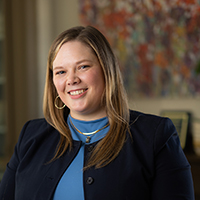 | ADVISOR PROFILE: NICOLE PARDUSProper preparation can make succession planning simplePlanning for events unforeseen or eventualities that befall everyone eventually is the job for Nicole Pardus, an estate planning attorney for Long & Long in Greensburg, Westmoreland County. Read Nicole's advice for succession planning prep |
Plan your legacy
Plan now to make a difference for tomorrow.
Through Planned Giving, the Foundation offers specialized services and guidance that can make a powerful difference in the lives of your loved ones, community and future generations.
Learn more about giving through your will or estate plan.
Consider establishing a donor-advised fund or add to your current fund.
Since 1945, the Foundation has worked to help individuals and families make long lasting and powerful differences in the lives of others. We can help you realize the power of charitable giving, customize a plan that matches your wishes and open up the exciting and fulfilling world of philanthropy. Establishing a fund is easy.
Learn more about how to establish a fund (or add to your existing fund
INTERESTED IN LEARNING MORE? GET IN TOUCH.
The Pittsburgh Foundation 412-394-2653 development [at] pghfdn.org (Email The Pittsburgh Foundation) | The Community Foundation of Westmoreland County 724-836-4400 info [at] cfwestmoreland.org (Email The Community Foundation of Westmoreland County) |
Below, you can read how others have created their own planned giving strategies:




